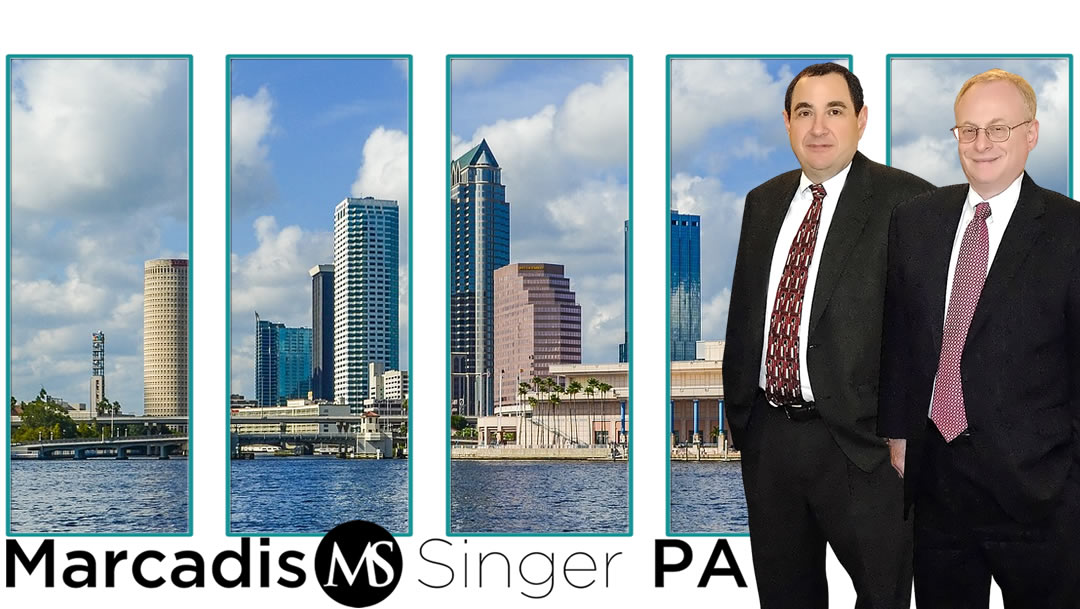Debt Arbitration Florida

Florida Debt Arbitration
Debt Arbitration is an alternative to trial that utilizes a neutral third party, or a panel of three, to resolve the merits of a dispute. It is most commonly used in commercial disputes and frequently is contractually obligated. While arbitration is popular and offers many benefits, there are several potential disadvantages as well.
Today, courts in Florida are ordering non-binding arbitration in many cases where mediation has failed and the Court deems it necessary that the parties understand the merits of their dispute. The use of non-binding arbitration allows the parties to litigate the issue in a trial de novo (a new trial) should either of them disagree with the resulting arbitration decision. As for binding arbitration, if the contract between the parties call for the arbitration, either party has the right to demand arbitration, and the courts have very little leeway in granting the request. If arbitration is not demanded timely, the court can deem the arbitration waived.
Since arbitration is done outside of the courts, it is a private process. This allows parties the opportunity to have the proceedings and final award remain confidential and out of the public records. While this is certainly a benefit to many, others see the lack of public access and transparency as a detriment that can be used to hide bias or unfairness in the proceedings.
Additionally, arbitrators have broad discretion on how to decide a dispute. Precedent, statutes, or rules of evidence and procedure rarely bind arbitrators. As a result, the arbitrators own internal sense of justice and fairness can have a profound impact on the outcome. Moreover, it is often the case that arbitration awards cannot be appealed, except that the losing party may request a trial de novo from the state court based on the grounds that the arbitrator was biased or completely ignored the law. This may be an advantage, as it limits the duration of the dispute and curtails the expense of appeals, however it also limits the ability to remedy an erroneous decision. Regardless, choosing an impartial, fair arbitrator is a decision of crucial importance.
Choosing an arbitrator can be a time consuming and expensive course of action. In addition to attorney’s fees, parties also have to pay for the arbitrators’ services. Since arbitrators are typically retired judges or top lawyers, they frequently have high hourly rates. Typically a single arbitrator is used, however, when a panel of three arbitrators is used, these fees multiply.
The Florida legislature intended arbitration to be a more efficient method of dispute resolution than traditional litigation. However, this may not always be the case. Parties have thirty days after the award to seek trial de novo. During that period the decision is not binding. Even before the award has been issued, a party may seek to delay by initiating discovery and conducting motion practice. This combined with arbitrators’ discretion on when to impose the rules of procedure and evidence, opens the door for delay tactics and increases both the time and expense necessary to complete it. In the realm of consumer and commercial collections litigation, arbitration is often more burdensome, time consuming, and costly than traditional litigation.
We find mandatory arbitration to be more and more common. It is imperative, when focussed on success, that the advantages, and shortcomings of debt arbitration are considered when mapping out a legal strategy for escalating debt collection.
For new business, please call (813) 288-1881 Ext. 247